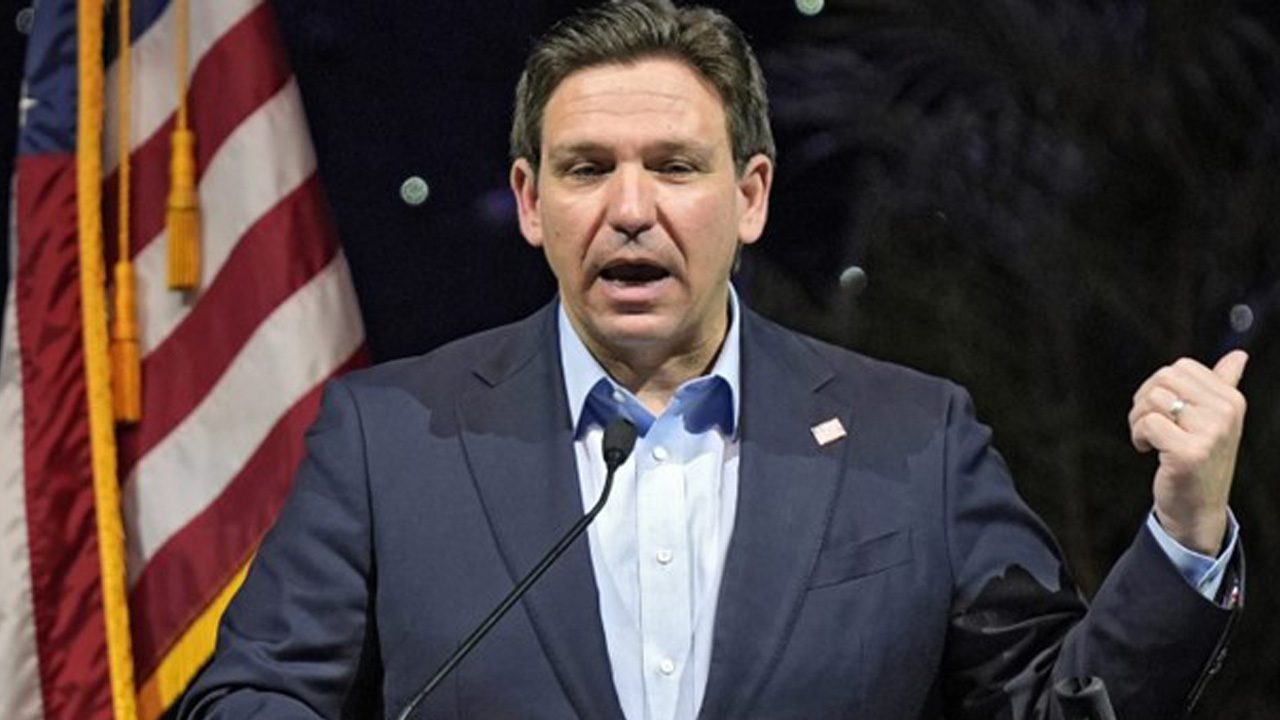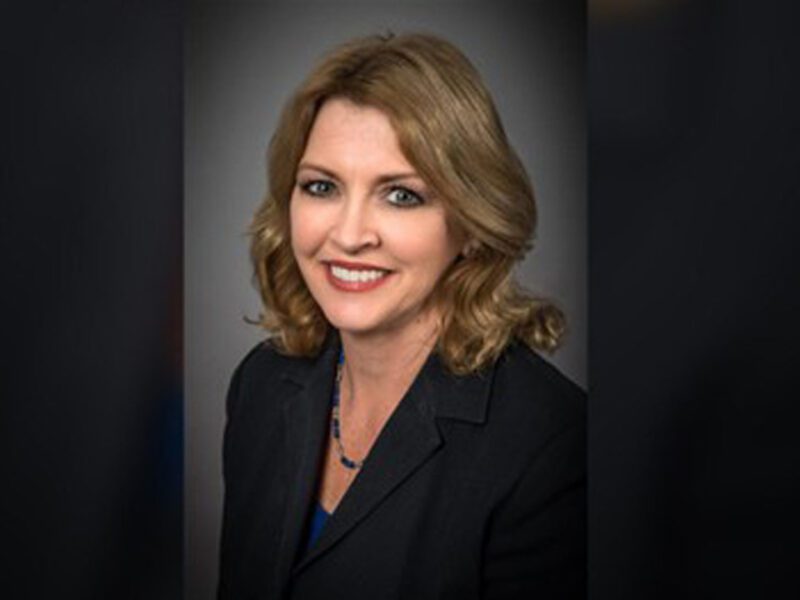As critics decry religion in classrooms, some fear how far Florida will go
Tampa Bay Times | By Jeffrey S. Solochek | July 16, 2024
Some see the state’s approach to the role of religion in public education as ‘religious freedom.’ Others call it ‘un-American.’
Oklahoma is mandating Bible lessons in public schools. Louisiana is requiring display of the 10 commandments in classrooms.
As the national debate churns over the role of religion in public schools, Florida, too, stands near the center of the storm.
Its law to permit chaplains in classrooms, which took effect July 1, has gained wide attention — particularly after Gov. Ron DeSantis said he wouldn’t allow The Satanic Church to participate.
A state lawmaker’s recent effort to stop a private Islamic school from receiving taxpayer-funded vouchers because of a religious leader’s antisemitic remarks also concerned observers who say Florida has demonstrated a willingness to pick and choose which religious groups may participate.
The State Board of Education’s recently adopted civics standards further the point.
The new standards call for instructing how “Judeo-Christian ethical ideas of justice, individual worth, personal responsibility and the rule of law influenced America’s constitutional republic.” They appear to build on a 2022 initiative that some teachers said infused Christian ideology into preparation programs, as well as a previous mandate to post the motto “In God We Trust” in classrooms and an effort to require schools to offer Bible classes.
Such actions run counter to the separation of church and state, critics say. But some predict Florida’s conservative legislature could follow Oklahoma and Louisiana’s lead and press the issue even further.
“You can’t have religious freedoms for me but not for thee,” said Rachel Laser, CEO at Americans United for Separation of Church and State. “That’s un-American and also unconstitutional.”
Her organization calls for keeping religion out of the schools. Laser says it’s safer that way for everyone.
“It protects the religious freedom of all of us, and also protects religion from government intrusion,” she said.
Religion vs. rhetoric
That’s not how many in Florida’s Republican supermajority see it. They’ve pushed for parents’ rights to educate children according to family wishes, with the government’s support.
Religion, they say, can be part of the equation.
“We’re not for restricting any religious freedom or expression,” said Rep. Alex Rizo, a Hialeah Republican who sits on several education committees. “Religious freedom is a pillar on which this nation is built. We will always stand up for that.”
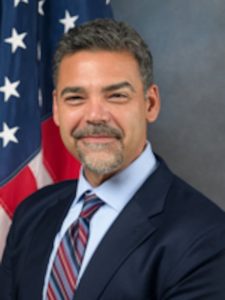
State Rep. Alex Rizo, R-Hialeah [ Florida House of Representatives ]
Rizo did not see conflict between that perspective and an effort to bar a private religious school from the voucher system because of its faith leader’s statements.
“We do follow our Constitution, which is sacred,” said Rizo, who has been a teacher and school administrator. “What we do not want is hate speech.”
State Rep. Randy Fine, a Brevard County Republican, demanded steps in May against Reviver Academy in Miami over its imam’s recorded remarks, which Fine deemed “Muslim terror.” According to a translation of the comments by the Middle East Media Research Institute, imam Fadi Kablawi characterized Jews as “apes and pigs” and prayed to “annihilate” them.
Six weeks after filing his complaint, Fine expressed frustration that the Department of Education had taken no action.
“If the DeSantis administration allows vouchers to fund Muslim terror, then we have a problem that we need to fix,” Fine said.
He said he did not seek to defund the school over religion, but over violence.
“I’m sure there are Muslim schools in this state that don’t teach their students to kill Jews,” Fine said, stressing that parent rights are not absolute.
In recent years, Fine also has championed the state allocating millions of dollars to Jewish day schools for enhanced security. Lawmakers did not debate those schools’ lessons when setting aside the money.
A ‘slippery slope’
Some observers worried that such arguments take Florida down a slippery slope.
“I think we’ve already blasted through the guardrails,” said state Sen. Lori Berman, a Boynton Beach Democrat.
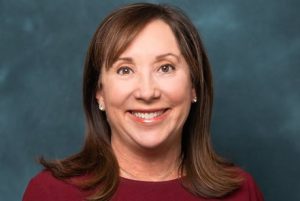
State Sen. Lori Berman
She pointed to the example of allowing families to use state-funded vouchers for homeschooling, without any controls on the curriculum they adopt. During committee debate on that subject, she mentioned a neo-Nazi group in Ohio that has been providing lessons to homeschoolers, and asked if that would be permitted under Florida law. Her colleagues argued it could.
“It’s the same thing with the private schools,” Berman said during an interview. “We have no control over their curriculum also. They can be teaching anti-Semitism in their schools, or Islamophobia, and we wouldn’t know it.”
The issue, Berman said, is the state is not supposed to police religion. She saw potential unintended negative consequences if the state continues down the path of allowing religion and public education to intersect.
“They’re trying to remove the distinction between church and state, and yet when they do that they are starting to see some real problems,” Berman said. “They’re going to have to come up with how to deal with the issues, and probably will have to backtrack.”
There’s already been pushback. In addition to The Satanic Temple threatening to sue if it is barred from the chaplain program, complaints have begun to mount over the State Board of Education’s spring decision to add lessons about the influences of Judeo-Christian civilizations on U.S. civics.
One Broward County teacher has written to several state officials objecting to explicit connections between Bible verses and U.S. government, contending he is forced to contradict his own beliefs to present such lessons.
Seeking unity in education
Such fights have taken place throughout the nation’s history, said education historian Jack Schneider of the University of Massachusetts Amherst. As groups became more diverse, he said, it grew clear to many that in order to maintain a unified public education model, religion had to be kept separate and distinct.
“They found they needed to do a little bit more work to secularize the schools,” Schneider said. “That’s why we don’t want to have publicly funded religious education, because it’s been too divisive. It created fragmentation.”
This time around, the education culture wars face an added wrinkle, said Schneider, whose new book “The Education Wars: A Citizen’s Guide and Defense Manual” comes out in August.
Historically, a taxpayer-funded, locally controlled public school system was taken for granted. Today, conservatives have sowed seeds of doubt about the system, instead promoting vouchers, charters and other alternatives.
Now large segments of the population are arguing public schools have gone off the rails, overtaken by ideologues pushing “critical race theory” and even sleeper cells of Marxists, Schneider said.
Binghamton University education historian Adam Laats said it appears that, as in the past, a group of today’s politicians have been drawn by the symbolism of saying their schools will be family friendly and driven by values. Such language, when vague, can pack a punch, Laats said.
But when put into specific practice, it can cause problems, he added.
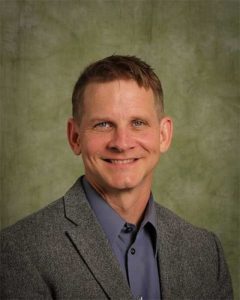
Education historian Adam Laats [Binghamton University ]
Laats said it appeared Florida Gov. DeSantis put himself in a potentially unwinnable situation with moves such as declaring the Satanic Church is not a religion. Sure, no one wants to be known as the person who let Satan into the schools, he said, but the case law and history is clear.
“It’s impossible to say, ‘Let some religions in but not the bad religions,’” he said. “By cracking the door open again, they unintentionally have put that back at the center of the table.”



